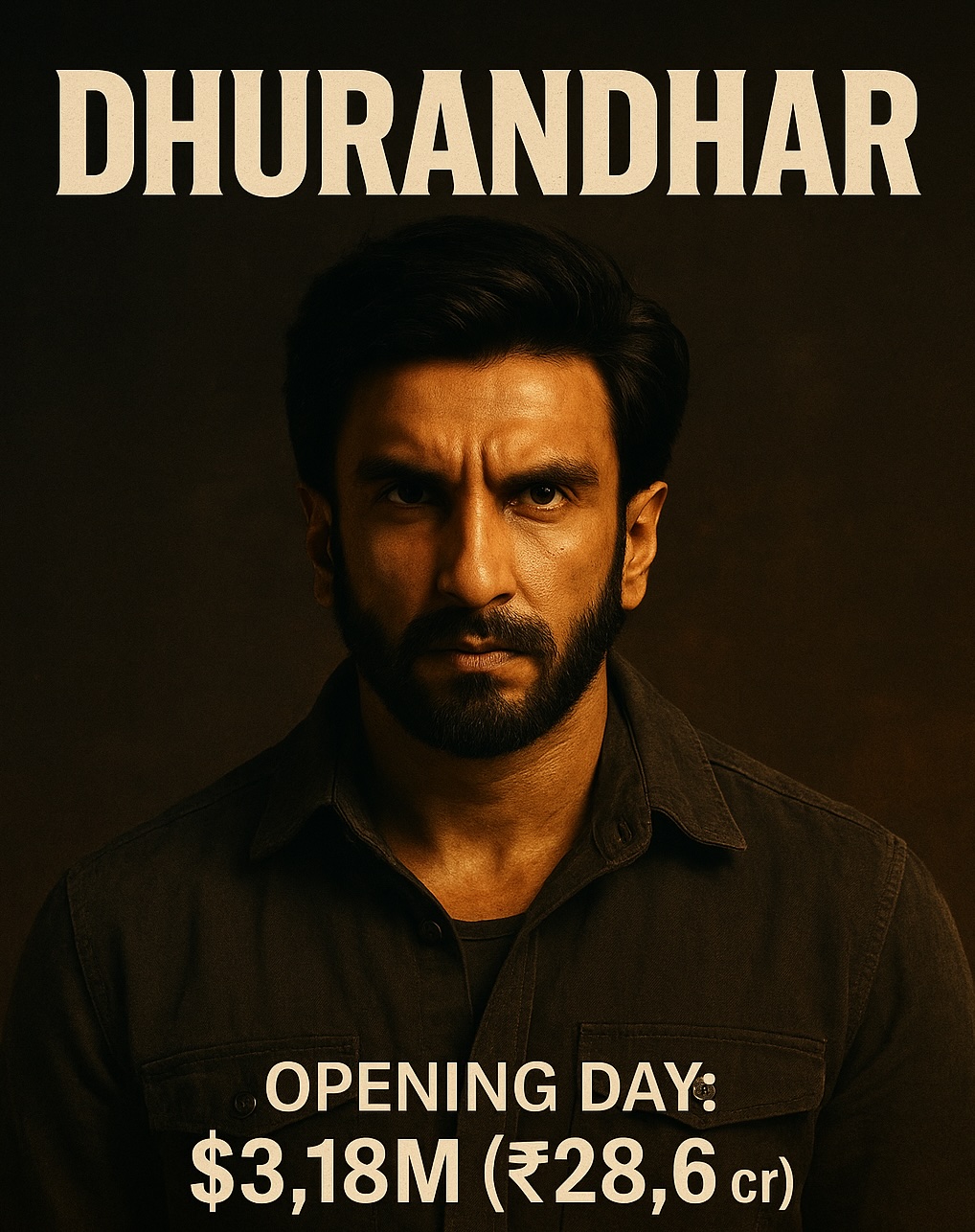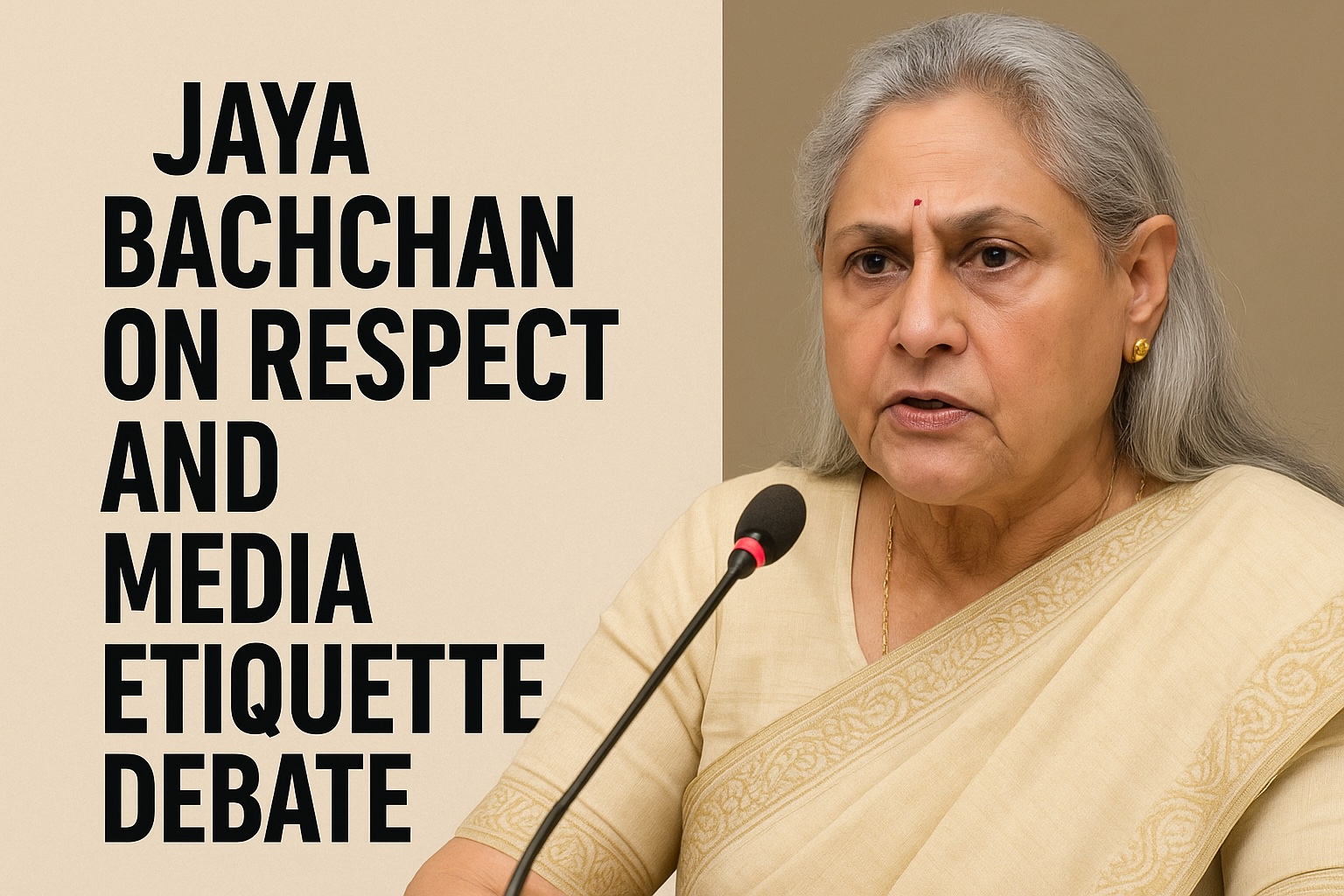A man of many hats – that’s what one could call Anand Gandhi. His film ‘Ship Of Theseus’ is being called the best Indian film in a long while. If you had two words to describe him, one would use ‘articulate’ and ‘knowledgeable’. He speaks a lot, but also knows what he is speaking about.

One would wonder, then, how Anand Gandhi wrote for TV soaps like ‘Kyunki Saas Bhi Kabhi Bahu Thi’, and how he travelled from writing one of the biggest TV soaps of all time to an intellectual Indian indie film. As his film gets a theatrical release this Friday, 19 July, thanks to a little help from Kiran Rao, Anand Gandhi sat down with BusinessOfCinema to talk about himself, his film, Kiran Rao and Aamir Khan.
BOC: How was Anand Gandhi as a child? What did he read, what films did he watch?
Anand: My grandmom was a spiritual shopper. She would spend a lot of her days going to satsangs and meeting gurus of all kinds. My mum was a Bollywood fanatic. She loves romantic, sentimental poetry. She used to read Barkat Virani – the Ghalib of Gujarati poetry. My mum exposed me to poetry, to cinema, to lots of theater, she used to take me to all these plays, and I would come out of them and say “this is an amazing experience”.
I also saw a lot of cinema, largely Bollywood. Hollywood for us at that time – I’m a child of the eighties – meant Jackie Chan, dubbed Jackie Chan, actually, and ‘Honey, I Shrunk The Kids’. So that was the only exposure I had, but the consumption was very high. Also, I wanted to pursue magic very seriously. I spent a lot of time reading magic books and creating my own devices. I always imagined that I would grow up to become a theoretical physicist someday.
I think there were a lot of disadvantages that became advantages at some point in time. For instance, a complete disinterest and a lack of aptitude in sport, lack of a muscular body. I was really fat. Absolutely no enthusiasm allowed me to do a lot of things that were fascinating and on the other hand were compensatory – Compensating for the inability to be able to relate to children in the chawl I was growing up in.
BOC: So you’ve always had this ‘explorer’ streak within you. When did storytelling enter the scene?
Anand: It was a part of it. Only later in life was I able to see the continuum between all of them. Because especially when you’re growing up in India, you are always told “You can only do this.” The rest all is hobby. I was attracted to everything at the same time. I could not choose one over the other. I did not see why I had to choose one over the other. And that’s the reason I dropped out of college also. I’m incredibly interested in scientific inquiry, I’m interested in the inferences of physics, of microbiology, and neurosciences. But ‘satyam’ by itself is of no use, ‘shivam’ and ‘sunderam’ is also necessary. I need to use the satyam – the fact – produced by scientific inquiry and juxtapose it with the environment, with myself, with everything around and put a meaningful structure to it so that it can reach a really wide audience because that’s how inquiry has reached me.
BOC: Which film would you consider a landmark for yourself?
Anand: One film that was for me hugely entertaining, that was a big boost in my wanting to make films after that was ‘The Matrix’. I was 17 years old when I saw the film. I was just blown away by it. All the ideas that I’ve ever thought about, all the ideas that I’ve ever been attracted to, the idea of simulation, the idea of illusion, the idea of examining reality, social constructs, religious constructs, evolution of religion. All these ideas are in there with so much entertainment, so much accessibility.
BOC: Coming to ‘Ship Of Theseus’, why the three organs: the eyes, the liver and the kidney? Were there more while scripting?
Anand: There were other organs as well. The initial idea was to make a story about 8 people. Then when I wrote the script, I wrote it about four people. There was also a heart. And by the time I started shooting, I started realising, “This is going to be a very long film with three stories itself.” At the end, you can watch a film at a stretch for two and a half hours max.
BOC: How was it after the World Premiere at Toronto where it got unanimous acclaim? What were your expectations, and did you get that?
Anand: See, the problem with an optimist is that you’re not pleasantly surprised. I’m an optimist. One of my closest friends is a cynic. He says, “Toronto mein itne logon ne bol diya life-changing film hai, usse vada-pav wala thodi tujhko extra chutney dega.” So he’s always happily surprised. What I’d expected at Toronto was that the film will give a very deep experience to the cinephile community. What I’d not expected was that it will give a profound experience to everyone. We were walking the streets of Toronto and people were coming and hugging us, “My life has changed, I’ve never experienced anything like this before.” That was still happily surprising.
BOC: What was the situation of the release of the film before Kiran Rao entered the scene?
Anand: There were no serious talks. We were still doing festival rounds. I would go to multiple producers and their reaction would be “This is amazing. Kya script likha hai! Kya kahaani hai! Wow. Par yeh India mein nahi samajh mein aayega logon ko”. The presumptuous arrogance is that ‘Main bahut intelligent hoon, mujhe bahut samajh mein aaya, main keh sakta hoon bahut kamaal hai. But Indian audience nahi samajh paayegi. Indian audience bechaare log hai.” That’s a presumption about 1/5th of human population.
BOC: How do you think Kiran Rao is going to help you get more of an audience?
Anand: See, Kiran is an amazing woman. She’s so driven and passionate about the cinema she loves. She loved the film. We started talking and I suggested about the possibility of her presenting the film. She’s made ‘Dhobi Ghat’, she’s produced ‘Peepli [Live]’. She knows how to use the infrastructure to expand into the audience, who yet don’t know that they want to see this film. Kiran has brought in a huge amount of force that is becoming the vehicle of the film.
BOC: What are your forthcoming ventures?
Anand: ‘Thumbad’ is in post-production. I have produced it, Sohum Shah has acted in it. Rahi Barve directed it.
BOC: Anything that you are writing for yourself to direct?
Anand: I’m writing a lot of things. There’s one film from that that we’re doing very soon. Again, with Sohum in it. But I’ll have to work more on it to make it presentable.
BOC: Since you are now familiar with him, if you have a script for Aamir Khan, would you approach him?
Anand: Yes. In fact, Aamir has shown a lot of enthusiasm, he loved ‘Ship Of Theseus’, he said that if you have anything that I could do, he would love to do it. I wouldn’t mind that either. The thing is the commitment actors in my films make is of a very severe level. The opportunity, costs become greater. When Sohum Shah was doing ‘Ship Of Theseus’, he put on weight, he became paunchy, he looks very different. Neeraj Kabi lost 17 kgs. The commitment was 4 months before the shoot, he started getting rigourously involved with the philosophy of the film. He went from being a non-vegetarian to a vegetarian. I’m certain that if Aamir is convinced about the film, he would be willing to give in to that kind of a commitment. So that’s a relationship I’m completely open to.
BOC: Did you ever fear, at the time of ‘Kyunki Saas Bhi Kabhi Bahu Thi’ and ‘Kahaani Ghar Ghar Ki’, that you would be stuck, and no one would ever be able to hear your voice?
Anand: I was very young at that time to have any serious insecurity. So while writing ‘Kyunki…’ and ‘Kahaani…’ was a great experience, it was actually putting me in a space where I was writing constantly something that was meant for mass consumption, while I was also writing plays that was meant for consumption of a small group of people. So it was a great place to be in to be able to experience both the distinct types.
BOC: So you were certain that somewhere down the line, you would be able to get people to listen to you.
Anand: I was very certain about it. I feel you need a certain amount of naivety to be so certain. You need to be a little innocent to be so certain. It’s like “arre yaar, apne se nahi hoga toh kisse hoga?” certainty and that’s a good driving force.





